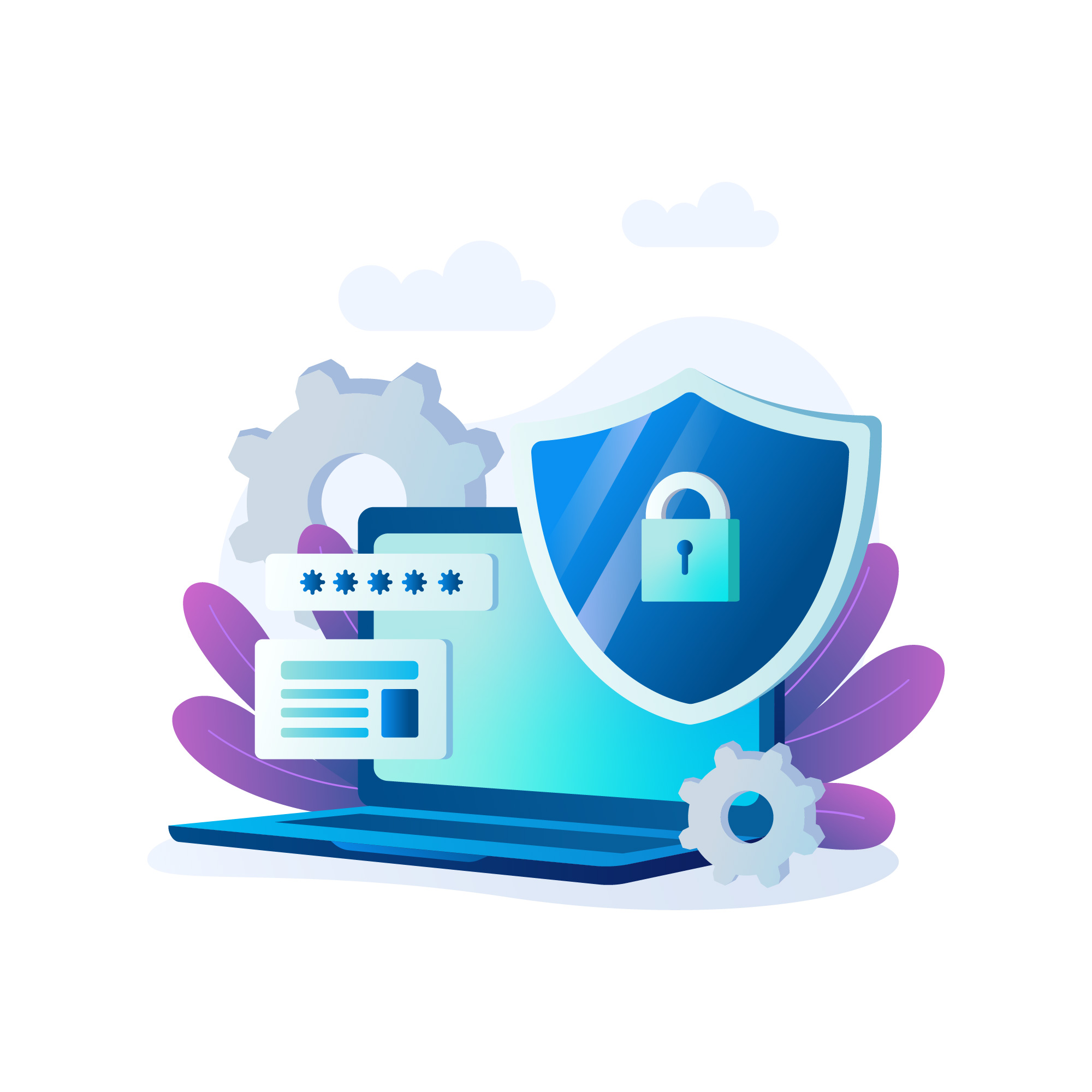In today’s digital age, where everything is just a click away, password security has become more crucial than ever before. With cyber threats on the rise, protecting our sensitive information has become a top priority. But what exactly is password security? How can you ensure your online accounts are safe from hackers? In this article, we will dive deep into the world of password security and uncover some lesser-known facts that you may not be aware of. So, buckle up and get ready to fortify your online presence!
The Basics of Password Security
Before we delve into the nitty-gritty details, let’s start with the basics of password security. A strong password is like a fortress that guards your personal information against malicious attackers. Here are a few fundamental principles you need to know:
1. Complexity is Key: Don’t settle for simple passwords like “123456” or “password.” Instead, opt for a combination of upper and lower case letters, numbers, and special characters. The more complex your password, the harder it is for hackers to crack.
2. Longer is Better: The length of your password matters. Aim for at least 12 characters to make it even tougher for cybercriminals to guess or brute-force their way in.
3. Unique for Each Account: Using the same password for multiple accounts is a big no-no. If one account gets compromised, all your other accounts become vulnerable. It’s like putting all your eggs in one basket – a risky move.
4.Regular Updates: Change your passwords regularly. This prevents unauthorized access to your accounts even if your old password gets leaked.
5. Two-Factor Authentication (2FA): Adding an extra layer of security by enabling 2FA is a smart move. This requires you to provide a second piece of information, such as a code sent to your phone, in addition to your password.
Unveiling the Lesser-Known Facts
Now that we’ve covered the basics, let’s uncover some lesser-known facts about password security that might surprise you:
1. The Danger of Common Words
You might think that using uncommon words as passwords makes you secure, right? Wrong! Hackers are well-aware of this tactic and use dictionary attacks to crack these passwords. So, even if you choose a less common word, if it’s still a word found in the dictionary, it’s not as secure as you might think.
2. Ditch the Patterns
Creating passwords with patterns like “12345” or “qwerty” is a rookie mistake. Hackers are skilled at recognizing these patterns and can easily break into your accounts. Instead, opt for a random mix of characters that doesn’t follow any predictable order.
3. Password Managers: Friend or Foe?
Password managers have gained popularity for helping users keep track of their numerous passwords. However, relying solely on a password manager isn’t foolproof. If your master password is compromised, all your passwords are at risk. It’s like putting all your keys in one lock – not the best idea.
4. Biometrics: Not Always Secure
While biometric authentication methods like fingerprint or facial recognition seem high-tech and secure, they’re not infallible. Hackers have found ways to bypass these systems, making your personal data vulnerable. It’s always good to have a backup security measure in place.
5. The Trouble with Security Questions
Security questions like “What’s your mother’s maiden name?” might seem harmless, but they can be easily guessed or researched by hackers. Instead of providing real answers, consider using fictional responses that only you would know.
FAQs about Password Security
Can I use the same password for low-risk accounts?
While it might be tempting, using the same password for any account is risky. Cybercriminals often target low-risk accounts to gain access to your more valuable ones.
How often should I change my passwords?
It’s recommended to change your passwords every three to six months. However, if you suspect any suspicious activity, change them immediately.
Is it better to write down my passwords or memorize them?
While memorizing passwords is ideal, it’s not always feasible for numerous accounts. If you choose to write them down, keep the physical copy in a secure place away from prying eyes.
Are there any password generators I can use?
Yes, there are several password generators available online that can help you create strong and unique passwords. Just make sure to choose a reputable one.
Is it safe to use public Wi-Fi for changing passwords?
Using public Wi-Fi for sensitive activities, such as changing passwords, is not recommended. Public networks are more vulnerable to attacks, so it’s best to stick to your secure home network.
Conclusion
In a world where cyber threats are constantly evolving, staying one step ahead is crucial. Password security isn’t just about choosing a random combination of characters; it’s about understanding the tactics hackers use and taking proactive measures to protect your digital identity. By following the basics, ditching predictable patterns, and being cautious of common pitfalls, you can enhance your online security and minimize the risk of falling victim to cybercrime. Remember, your password is your first line of defense – make it a fortress, not a welcome mat! For further help you contact Computer Emergency Room today.

